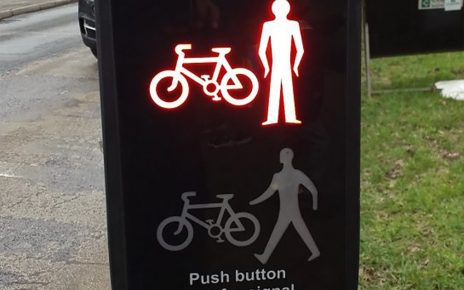As I gathered my notebook and prepared to exit the room after a thought provoking workshop I noticed the session organizer call her team together for a quick catch-up. As I overhead the conversation I realized why the workshop went well. They were discussing what worked well and what needed improvement as they prepared for their next workshop! This was real-time, relevant and direct – sharing learning – good and bad and being honest about it.
What has this got to do with communications?
I have often wondered what differentiates great communications teams from the not-so-great ones. Especially when no two campaigns will ever be the same – even if they are repeated multiple times over. My belief is that those groups which collectively discuss their learning often come out stronger. Research reports also indicate that high performing teams challenge the status quo, share best practices and leverage each other more often.
However, the concern that I have is when teams can’t differentiate between ‘learning’ and ‘regular work’. Learning is often confused with ‘doing tasks’ and that is where it gets challenging to move from one level of expertise to another. Learning happens many times in a day and that realization is important. Dealing with a difficult customer, understanding the reason for a broken process, learning why a certain colleague went over and above or a cool way to innovate can all be considered as pieces of learning. Every day, as you do your work you gain insights that lead to your learning. What you do with the learning is secondary –recognizing learning is crucial to the future success of the individual and the team.
If you have tried asking the question ‘what did you learn yesterday/ last week or month’ in meetings, the answers you get can help you gauge how much the group has matured in their journey. If the responses relate to a checklist of jobs completed or you hear answers such as ‘nothing much’ you know there is a long way to go.
So how does one capture learning and make sense of it?
Get curious. When you attend meetings don’t just focus on what is spoken but what doesn’t get covered. For example, when I participated in an industry session by leaders on ‘engaging Gen Y’ what struck me was that none of the speakers were active on social media. In an offline conversation during a tea break, one of the participants felt the session content was hogwash since the leaders were so disconnected with reality! I learnt: you can’t preach if you don’t practice.
Listen and make notes – mental or otherwise. Often the best insights come and go in a flash unless you have a way to capture it well. Keep a notepad handy or use your smartphone if you carry one and jot down what you learnt. Recently, when I travelled on work and interacted with a trainee on an inter-company bus I learnt of his skills with social media. That trainee is now a sounding post for me as I get direct feedback before we break campaigns.
Reflect and share. Unless you think of what worked and why (and what else could have been done) you will probably not make a great difference the next time around. Learning can be a ‘big’ moment or a ‘small’ episode – it depends how you view the experience. Nevertheless, it is learning! By sharing you improve your chances of learning even more. For example, once the team got so engrossed with an event that we missed taking our camera along to capture the best moments for a post-event communications. We discussed what made us all forget this critical component and defined ownership for future programs. Thankfully, our mobile phone cameras saved our day – the quality of photographs however didn’t meet our expectations completely.
Put your learning to practice. Nothing works like tweaking your plan with the learning from the earlier event. The iterative process of getting better with every action is satisfying. Once a colleague working on a event suddenly heard that a key speaker couldn’t make it. His influence and persuasion skills helped rope in another speaker at the last minute and save the event from a near disaster. By sharing how he went about the process of thinking out his options, working through the system and convincing the leader gave other team members insights to overcome similar situations.
Have other thoughts on making learning integral to your team’s functioning? Do share it here.

